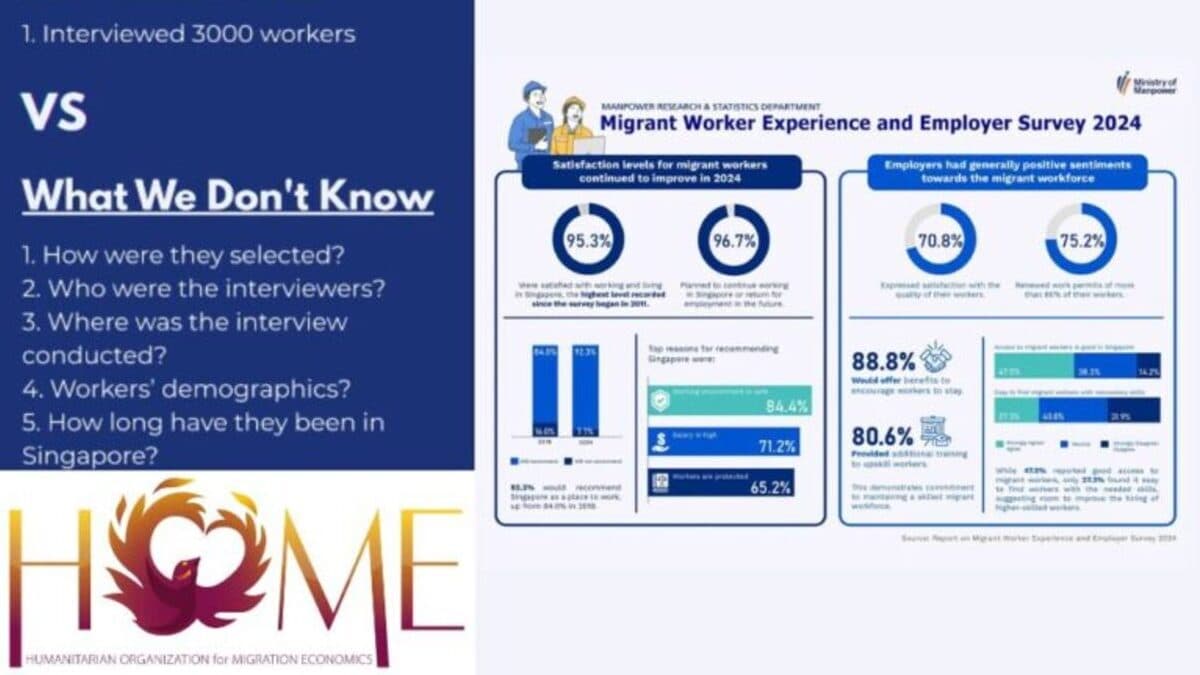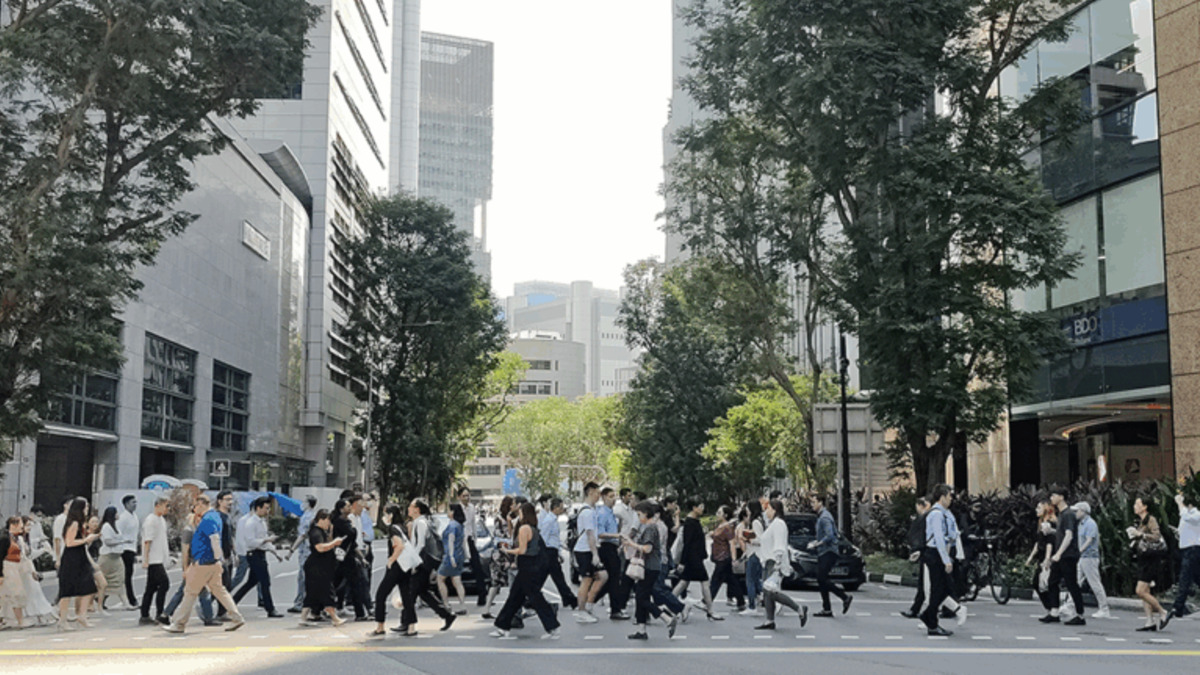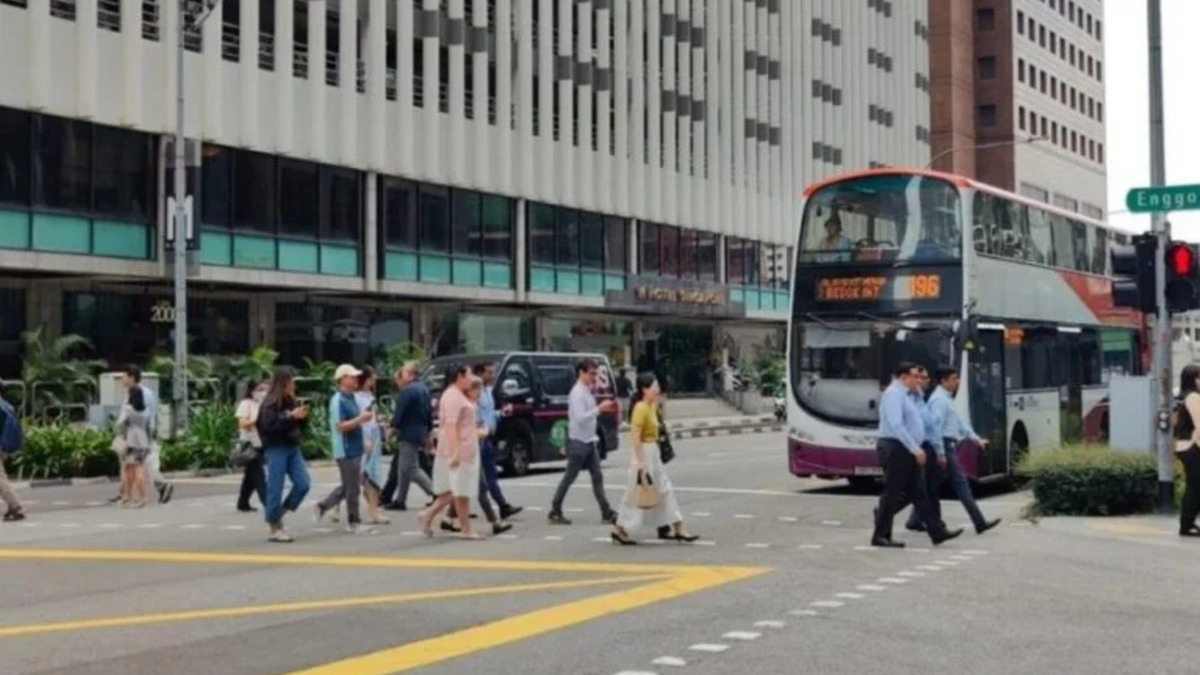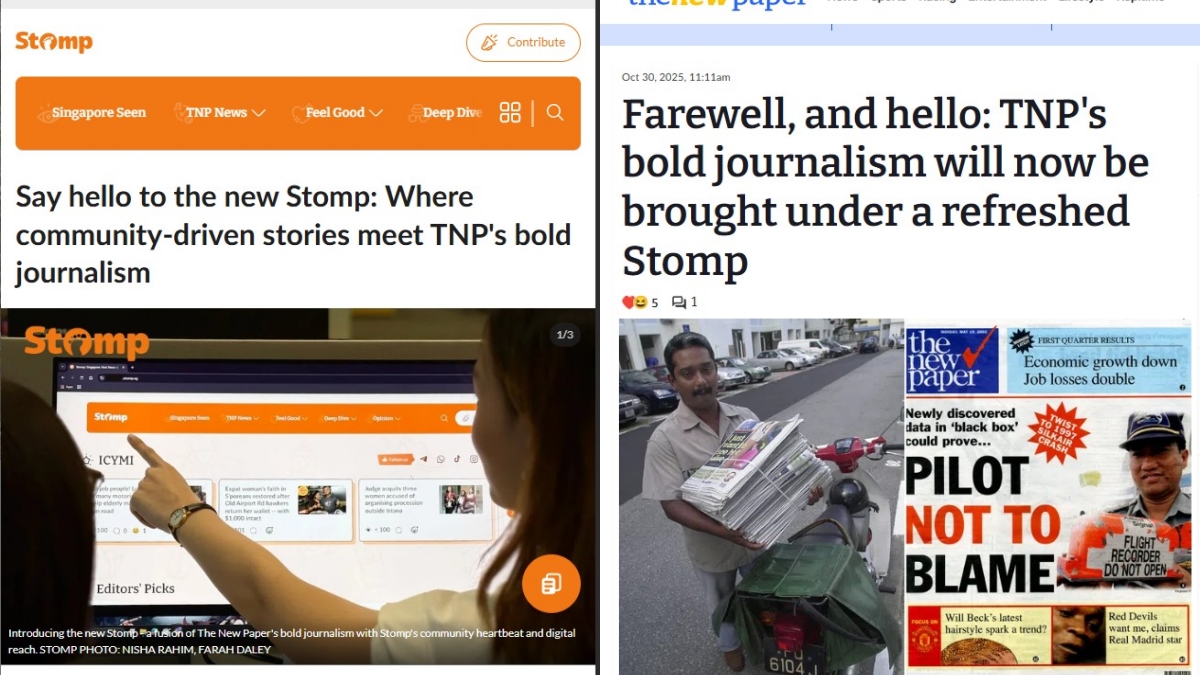HOME disputes MOM survey on migrant worker satisfaction, questions transparency and methodology
The Humanitarian Organisation for Migration Economics (HOME) has raised concerns over the Ministry of Manpower’s (MOM) latest migrant worker survey, disputing its findings that more than 95 per cent of workers are satisfied with living and working in Singapore. The NGO questioned the survey’s transparency and the lack of demographic and methodological details.

- MOM’s 2024 survey found 95.3% of migrant workers satisfied with life and work in Singapore — the highest since 2011.
- HOME criticised the survey for lacking transparency in methodology and omitting key demographic and contextual factors.
- The NGO said its case data contradicts MOM’s findings, showing persistent issues such as wage theft, debts, and job mobility restrictions.
SINGAPORE — The Humanitarian Organisation for Migration Economics (HOME) has disputed the Ministry of Manpower’s (MOM) latest survey findings on migrant worker satisfaction, calling for greater transparency and rigor in how such studies are conducted.
According to MOM’s Migrant Worker Experience and Employer Survey 2024, released on 21 August, 95.3 per cent of migrant workers said they were satisfied with working and living in Singapore. This represents a sharp increase from 86.3 per cent in 2018 and the highest satisfaction rate since the survey began in 2011. MOM said 2,825 workers were interviewed between October 2023 and February 2024.
HOME Raises Concerns on Survey Methodology
In a statement, HOME questioned the validity of the findings and highlighted gaps in MOM’s disclosure of the survey process. The group noted that the ministry did not clarify how participants were selected, who conducted the interviews, or where they were held.
It also pointed out the absence of demographic data such as nationality, occupation, gender, or length of stay — factors HOME said have a significant impact on workers’ experiences.
The NGO added that grouping all respondents under a single “satisfaction” measure risks producing an incomplete picture. “A Malaysian cook who has worked here for ten years would have a very different experience from a newly arrived Bangladeshi construction worker,” HOME said.
The group further argued that the survey relied on subjective terms like “satisfaction,” “safe,” and “high salary” without providing definitions or considering objective measures such as wage theft, recruitment fees, or hours worked. It was also unclear, HOME said, whether respondents could give open-ended answers that might reflect their actual lived experiences.
Casework Data Shows Different Picture
Drawing on its own casework, HOME said it assisted nearly 1,200 migrant workers in 2024 — almost twice the 647 cases handled in 2018, when MOM last conducted a similar survey.
The NGO said its data paints a contrasting picture to MOM’s findings, with workers in construction, marine, and service sectors frequently facing wage theft, recruitment debts, long hours, work injuries, poor living conditions, and barriers to seeking justice.
Responding to specific survey results, HOME took issue with MOM’s report that 80.2 per cent of workers would choose to stay with their current employer. The group said this statistic ignored the limited job mobility migrant workers face and the financial pressures they carry from recruitment debts.
Under Singapore’s regulations, job transfers generally require approval from employers or MOM. Workers who seek transfers may also face additional recruitment fees, further limiting their ability to change jobs freely.
Passport Retention and IPA Concerns
HOME also drew attention to MOM’s finding that 31 per cent of respondents said their passports were held by employers or supervisors — a practice that violates the Passports Act. The NGO said such retention could indicate forced labour or trafficking risks, stressing that the figure warrants serious investigation rather than being treated as a neutral statistic.
On the issue of In-Principle Approval (IPA) documents, MOM reported that 91.5 per cent of respondents received the salaries stated in their IPAs. However, HOME argued that this figure overlooks manipulative practices such as unpaid overtime, inflated allowances, and kickbacks.
The group added that IPAs are often issued only in English, making it difficult for non-English-speaking workers — such as those from Myanmar — to fully understand their employment terms.
Call for Rigorous and Transparent Surveys
While acknowledging MOM’s intent to improve understanding of migrant workers’ experiences, HOME cautioned that generalised findings could lead to complacency and hinder the strengthening of labour protections.
The NGO called for future surveys to include clearer sampling methods, demographic breakdowns, and both quantitative and qualitative data to capture the full range of worker experiences.
“Without transparency and context, such surveys risk misrepresenting the lived realities of migrant workers in Singapore,” HOME said.
It urged the government to engage more closely with civil society groups and workers’ rights advocates to ensure that future studies present a balanced and accurate reflection of migrant life in Singapore.








